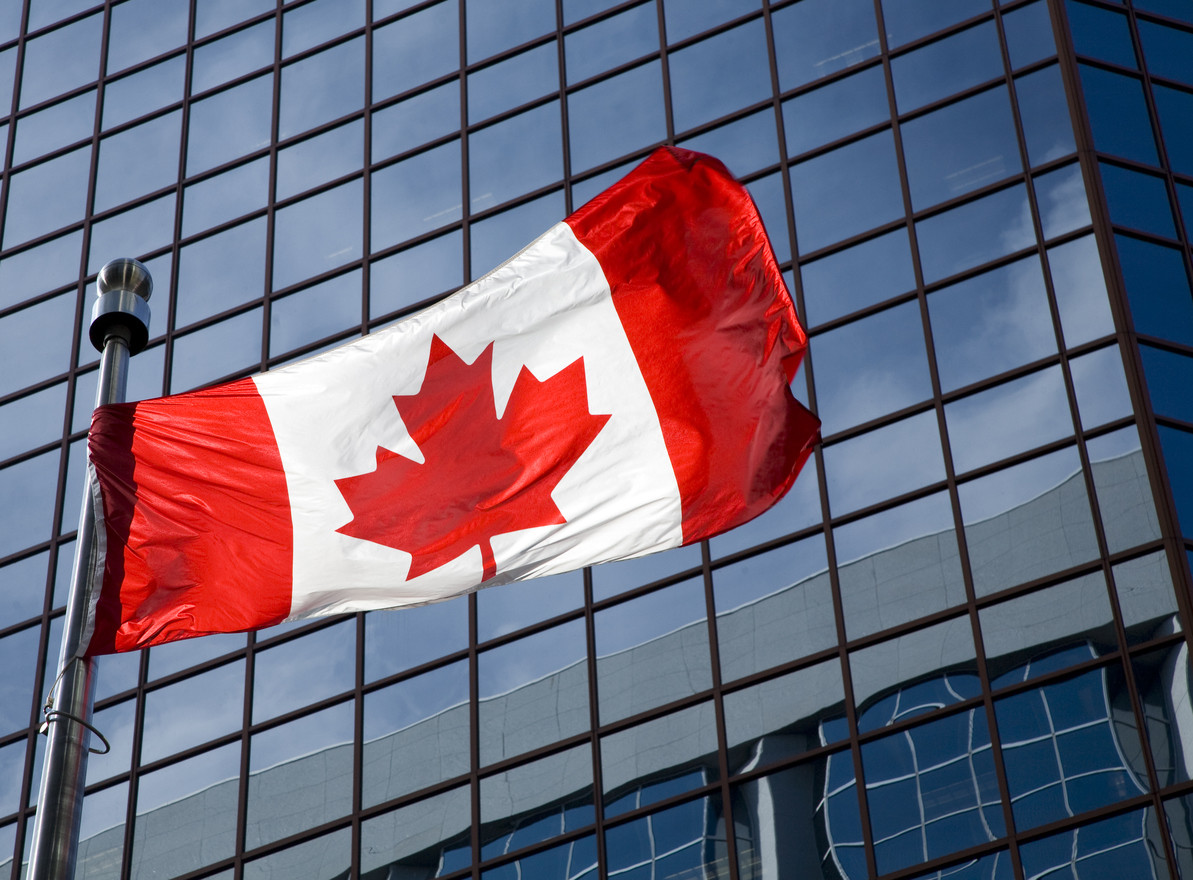Strong employment, housing and consumer spending numbers combined in 2017 to set some impressive financial numbers for the Canadian Economy, and send the loonie soaring.
The loonie climbed over seven percent in value during 2017, marking the second straight year of growth after Canada took a hit several years ago on plunging crude oil prices.
Last year was such a good one for the loonie, that 2017 marked its largest value increase in eight years.
A significant source of the growth can be traced back to employment numbers, which saw more than 329,000 jobs created in 2017.
Oil prices have also surged to their highest level since early 2015, based on an unanticipated fall in US oil output.
At the same time, the US dollar has been falling, helping to boost the loonie.
Canada experienced the highest economic growth of all G7 nations in 2017, with the economy has expanded by an anticipated three percent.
Figures released over the past month have shown increased strength in trade and retail sales. Although it should be noted that Canadians are also grappling with record levels of personal debt.
New housing builds hit 221,000 units in 2017, their highest level since the recession. Those numbers are expected to slow down somewhat for 2018. The cooldown can be attributed to various factors including a new test that will limit the maximum amount borrowers can get for a mortgage. It’s expected that will result in a slow down of high-end real estate sales in particular.
When added to anticipated higher interest rates, the number of new builds in 2018 is expected to drop to 207,000 units and resale prices are expected to drop by one percent. If that comes to pass, it will be the first time resale values have dropped in nearly a decade.
Economic growth is also expected to slow to 2.1 percent for 2018, and the pace of job growth will likely slow as well. However, experts anticipate wage growth to accelerate, with the average wage in Canada expected to jump by 3.1 percent this year.
Early 2018 results are positive, as the first week of January saw the loonie jump to a three month high versus the American greenback after surprisingly positive employment numbers were released. That news has many thinking the Bank of Canada interest rate could be increased as early as this month. The markets have already responded, causing the value of the dollar to spike.
As of January 5, the Canadian Dollar was trading at $1.2379, its highest value since late September when it reached $1.2355


